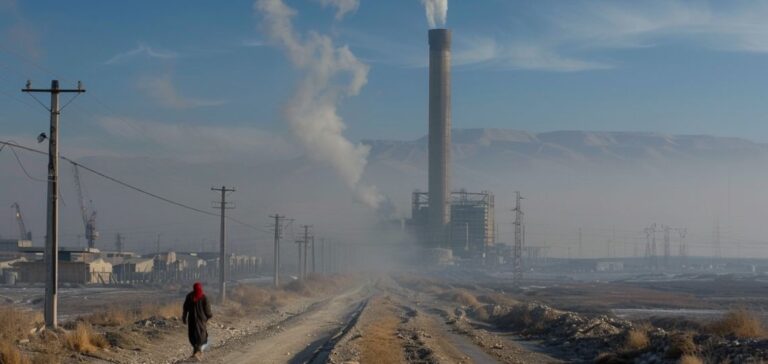Iraq, faced with the end of US exemptions allowing it to import electricity from Iran despite sanctions, is working to diversify its gas supply sources to secure its electricity production. This initiative comes amid growing tensions between Washington and Tehran and Iraq’s significant energy dependence on Iran.
End of US exemptions and increasing pressure
Since 2018, Iraq had benefitted from US exemptions allowing it to purchase electricity and gas from Iran, despite the sanctions imposed on the latter. However, on March 8, 2025, the administration of President Donald Trump decided not to renew these exemptions, thereby intensifying pressure on Baghdad to reduce its energy dependence on Tehran. This decision is part of Washington’s “maximum pressure” campaign against Iran, aimed at drying up its energy revenue sources.
Searching for alternatives in the Gulf
In response, Iraqi authorities are exploring alternative solutions to ensure the gas supply needed for electricity production. One of the options being considered is the installation of floating LNG terminals in the southern part of the country, particularly in the Khor al-Zubair region. These terminals would receive liquefied natural gas (LNG) from Gulf countries such as Qatar and Oman, which are known for their gas production capacity. Saad Jassem, an official at the Ministry of Electricity, stated that discussions are ongoing with these countries to secure supply agreements at preferential rates.
Internal initiatives to reduce dependence
In parallel with these efforts, Iraq is working to harness its internal resources to reduce its reliance on imports. A significant portion of the associated gas from oil production is currently flared due to inadequate infrastructure for capturing and utilising it. Projects are underway to capture this gas and use it for electricity generation, thus contributing to the country’s energy self-sufficiency.
Challenges for national electricity production
Imports of gas and electricity from Iran cover about one-third of Iraq’s energy needs. Any interruption in these supplies could lead to a significant reduction in electricity production, exacerbating the daily power cuts already experienced by the population, particularly during the summer months when demand peaks due to high temperatures. The Iraqi government is therefore racing against time to implement these alternatives before the summer, in order to ensure a stable and sufficient electricity supply.






















